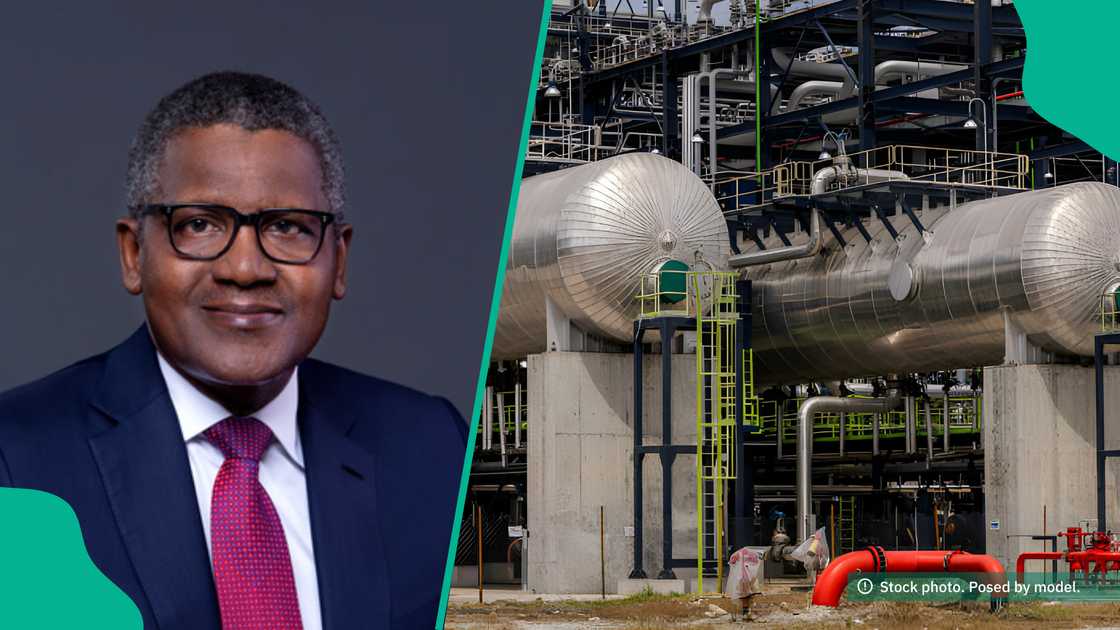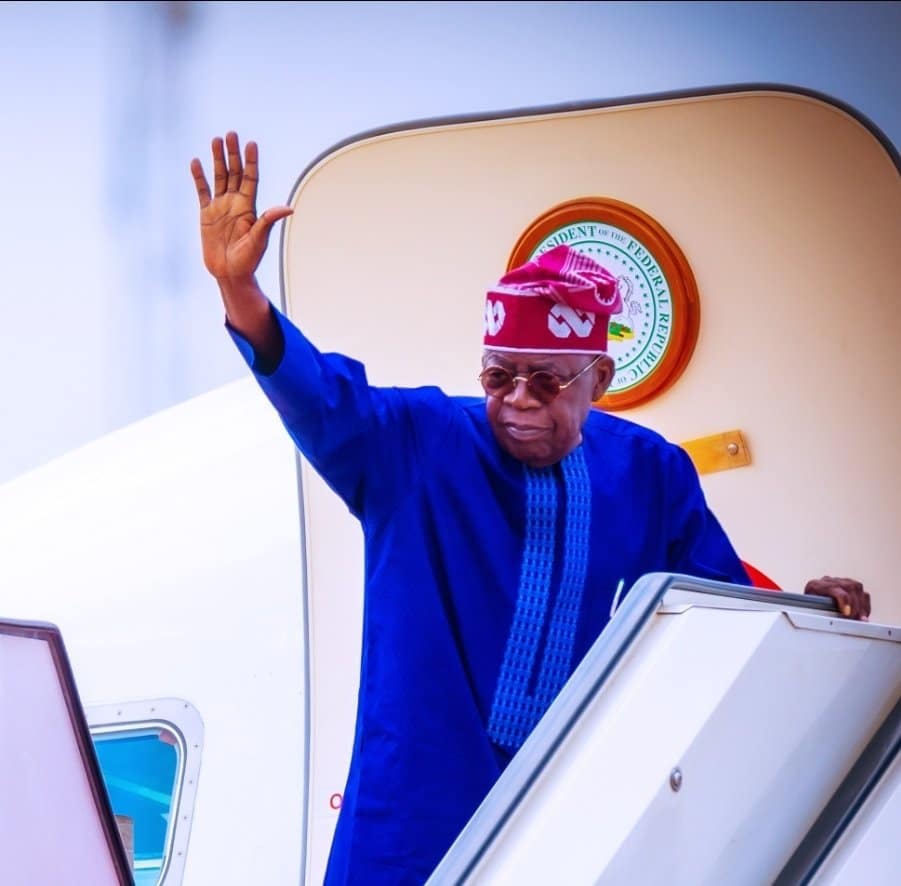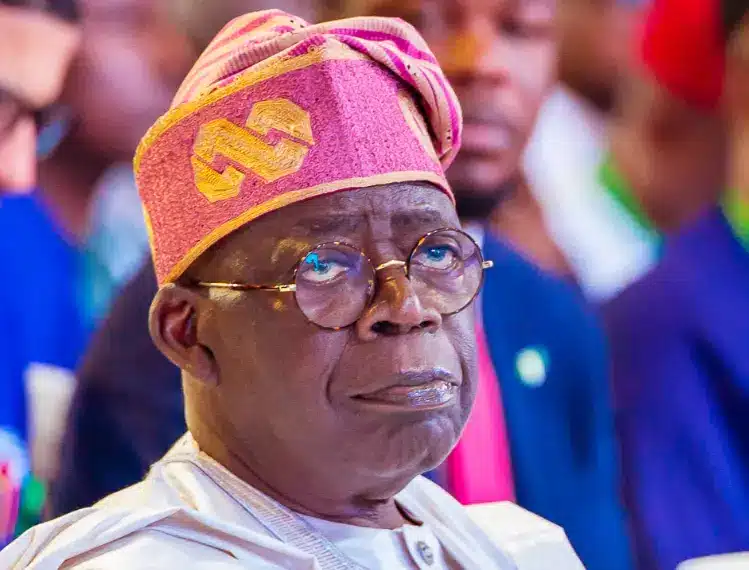- The domestic market is still dominated by imported gasoline, suggesting a persistent reliance on foreign fuel sources
- Data shows that Nigeria imported 1.5 million metric tons of gasoline, or around 2 billion liters, during the period under consideration
- This is in spite of expectations that the Dangote Refinery will improve supplies and alter Nigeria's energy environment
Legit.ng journalist Zainab Iwayemi has 5-year-experience covering the Economy, Technology, and Capital Market.
Imported petrol still dominates the domestic market, indicating a continued reliance on foreign fuel supplies, despite hopes that the Dangote Refinery will change Nigeria's energy landscape and boost supply.

Source: UGC
In light of worries over Nigeria's domestic refining capability, PREMIUM TIMES gathered shipping data from motor tanker vessel activity between October 1 and November 11 that shows a significant influx of petroleum products through the ports of Lagos, Warri, Calabar, and Port Harcourt.
According to data, during the time under review, Nigeria imported 1.5 million metric tons of petrol, or around 2 billion liters.
During the same time frame, 13,500 metric tons of jet fuel and 414,018 metric tonnes of diesel were also imported.
Fuel import prices are a reflection of Nigeria's severe financial burden, which is taxing the country's resources and making its economic problems worse.
Given that the management of the Dangote Refinery in Lekki claims that the facility has more than 500 million liters of gasoline in store, the import data raises questions regarding local refining in Nigeria.
The Nigerian National Petroleum Company Limited (NNPCL) and marketers were recently encouraged by the refinery's founder, Aliko Dangote, to stop importing and obtain their supply domestically.
The refinery's operational capability is still a cause for concern, though. The facility only delivered 148 million liters of fuel between September 15 and October 5, which is significantly less than the 575 million litres that the NNPCL requested at that time.
What this means
Nigeria's ongoing reliance on foreign gasoline is making economic problems worse, especially the depreciation of the naira.
The naira lost value on Friday, falling to N1,652/$ on the official forex market and N1,740/$ on the unofficial market.
Nigeria's foreign reserves are being depleted by the rising import bill, which has an effect on the stability of the local currency.
With its 650,000 barrels per day capacity, the Dangote Refinery was supposed to revolutionize Nigeria's energy industry.
However, since it started operating, its impact has been hampered by logistical and operational challenges as well as marketers' preference for less expensive imports.
Although it prioritizes domestic sourcing, the NNPC has said that economic factors frequently sway decisions in favor of imports.
NNPC’s Chief Corporate Communications Officer, Femi Soneye, said in a statement,
“While NNPC prioritises sourcing products from domestic refineries, this is contingent upon economic viability. If local supply is cost-effective, it will be preferred, but the same principle applies to other marketers, who will also evaluate total costs when deciding whether to buy locally or import,”Tankers frequently offload petrol diesel, and jet fuel from ports like Lagos, Warri, and Calabar, which continue to be major hubs for petroleum imports.
In October, for example, 555,121 metric tons of PMS were delivered to Lagos.
Warri recorded 281,100 metric tonnes, Port Harcourt 94,224.821 metric tonnes, and Calabar 64,000 metric tonnes within that time frame.
Meanwhile, Financial Times reported that Dangote, is in talks to secure billions of dollars in additional funding to ramp up production at his $20 billion oil refinery on the outskirts of Lagos.
This is as effort to secure a steady flow of crude has been complicated by several factors, including challenges with the NNPC.
Dangote agrees to deal with oil marketers
Legit.ng reported that the Independent Petroleum Marketers Association of Nigeria (IPMAN) has agreed on a deal with Dangote Petroleum Refinery to lift petroleum products from the facility directly.
The agreement was announced by IPMAN’s National President, Abubakar Garima, at a press briefing on Monday, November 11.
Punch reports that IPMAN said the association will ensure the availability of petroleum to Nigerians at a cheaper rate.
PAY ATTENTION: Сheck out news that is picked exactly for YOU ➡️ find the “Recommended for you” block on the home page and enjoy!
Source: Legit.ng
















 English (US) ·
English (US) ·